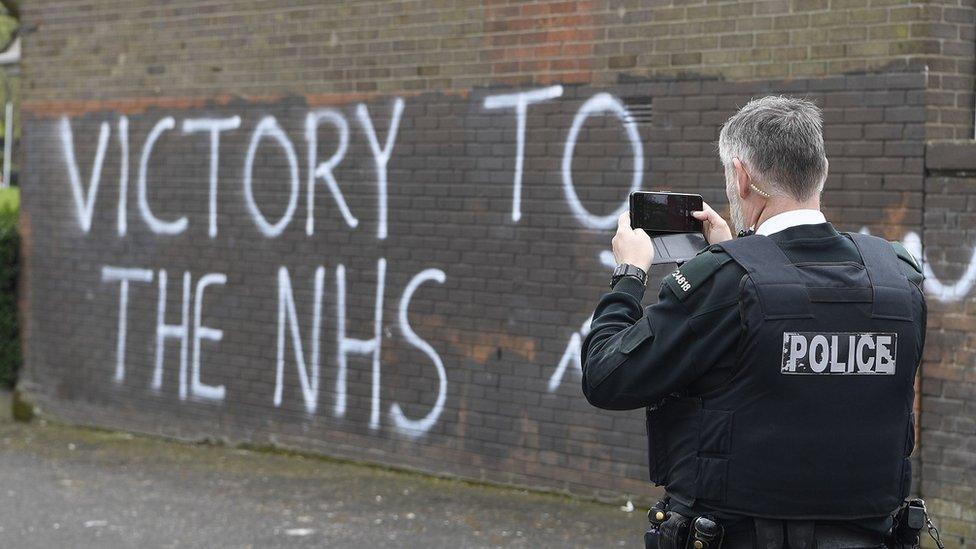Coronavirus: Ministers to start talks on NI recovery plan
- Published
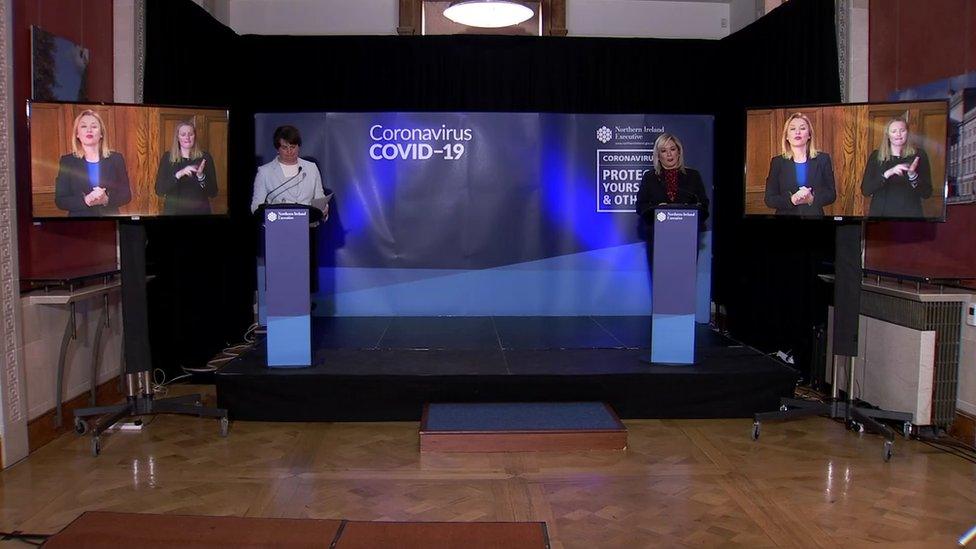
The first and deputy first ministers gave a press conference at Stormont to update the public on the executive's approach
The first and deputy first ministers will meet the head of the NI Civil Service next week to discuss a "path back to normality", Arlene Foster has said.
But the first minister said while restrictions were working, NI was still in the middle of the surge.
"We cannot relax our guard," she added.
The total number of Covid-19-related deaths announced by the Public Health Agency rose in NI to 176 on Friday.
A further 18 deaths from coronavirus in Northern Ireland were reported on Friday, however the total death toll is likely to be significantly higher, following the publication of new figures showing Covid-19 deaths were a third higher than reported.
The Northern Ireland Statistics and Research Agency (Nisra) had published a breakdown of its fuller figures, external.
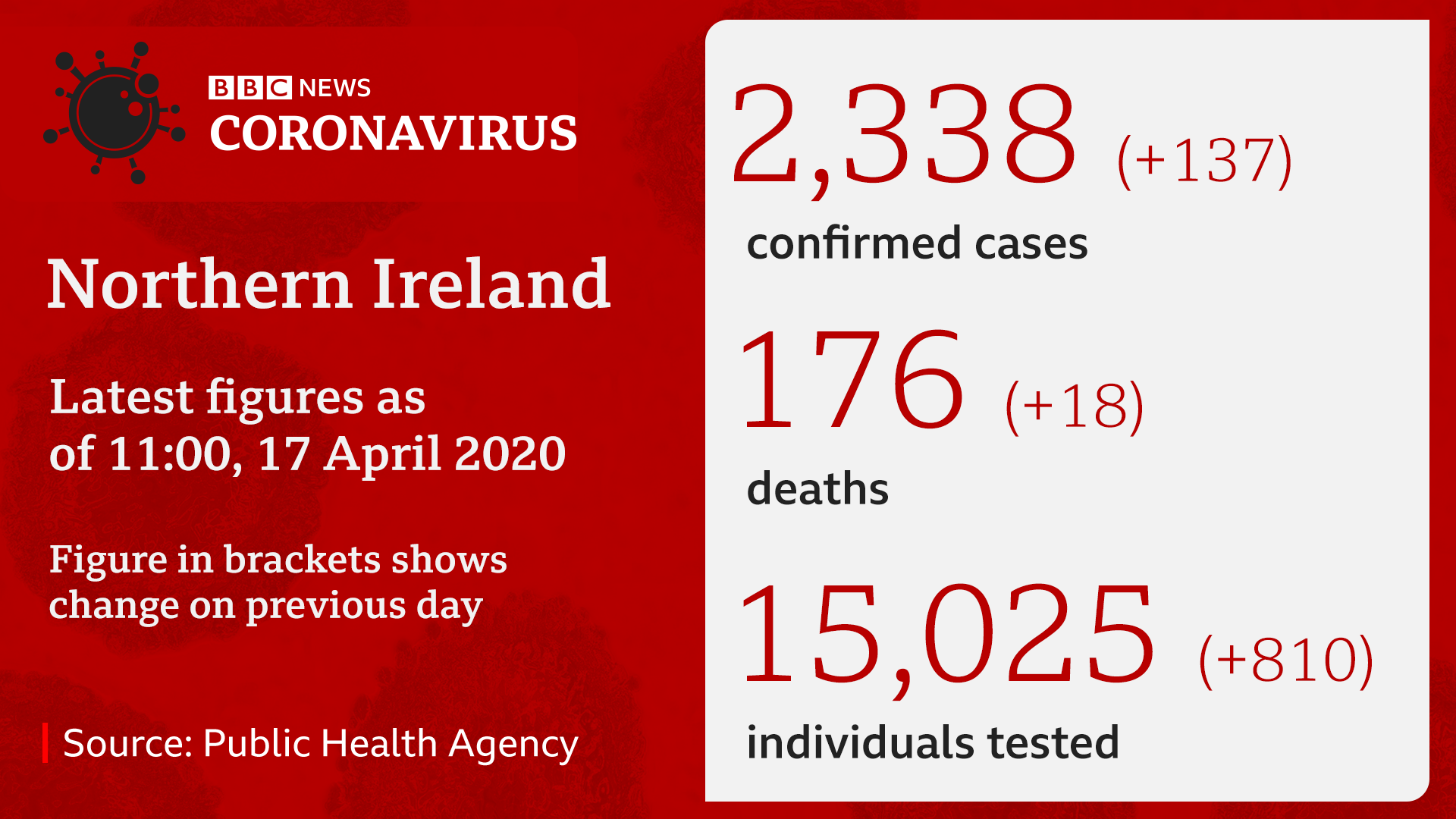
The daily figures reported by the PHA record mostly hospital deaths, whereas Nisra's weekly figures are all deaths in Northern Ireland where coronavirus has been recorded on the death certificate.
'Not out of the woods'
Mrs Foster said the Nisra report reflected that people in Northern Ireland would have "a lot of heartache to bear".
However she added that the executive was considering what a "path back to normality" would look like, once the first wave of the pandemic has passed.
She said she and the Deputy First Minister Michelle O'Neill would meet the head of the civil service in NI, David Sterling, next week to make progress.
But she insisted any lifting of restrictions would be gradual and guided by scientific evidence.
Mrs Foster said: "We will return to something resembling normality, school corridors will eventually bustle again again, and restaurants, bars and sports grounds, concert halls and theatres will entertain once more."
However, many sectors across Northern Ireland had been badly affected by the virus, she added.
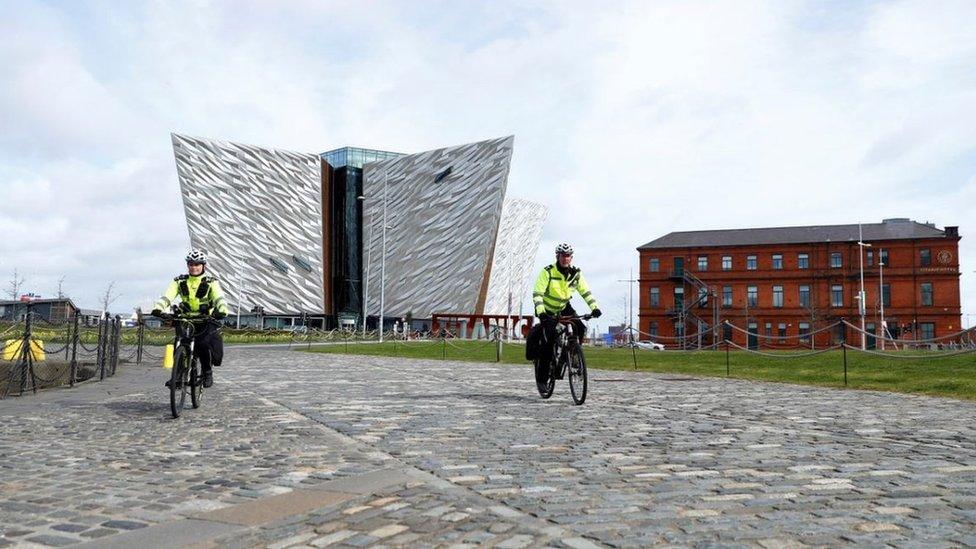
Police have been checking people are sticking to the coronavirus restrictions
"Those on hospital lists have seen waits extended, our economy has taken a massive hit and we hear the calls, we will work closely with business," said the DUP leader.
She said: "Change is going to have to be very delicately handled and our response will be a graduated one."
"Given this may be the first wave of this pandemic and no vaccine is as yet readily available, we will be very much guided by scientific advice and the experience of other parts of the globe where they have relaxed their restrictions."
Ms O'Neill said Northern Ireland was "not out of the woods".
"We're on a knife edge and now is not the time to relax - now is the time to keep working hard, and make sure we're saving lives," she said.
"There is no room for anyone to be relaxed or complacent."
Both ministers urged the public to remain at home over the weekend, despite expected good weather.
There have been 847 more deaths in the UK in the past 24 hours, meaning a total of 14,576 people confirmed to have had the virus have died, with the overall number of cases across the UK reaching more than 100,000.
The actual number of cases is estimated to be much higher, as it is mostly those in hospital and some NHS staff who are currently being tested.
The number of confirmed Covid-19-related deaths in the Republic of Ireland so far is 486.

EASY STEPS: How to keep safe
A SIMPLE GUIDE: What are the symptoms?
GETTING READY: How prepared is the UK?
TRAVEL PLANS: What are your rights?
IN-DEPTH: Coronavirus pandemic

In other developments:
The PSNI says 103 people have been arrested for drink or drug-driving offences over the last fortnight, despite the lockdown restrictions
Northern Ireland should follow the Republic and introduce a 2km limit for travel for exercise, SDLP leader Colum Eastwood has said
The Armoy Road Races and Bayview Hotel Race of Legends, which were due to take place on 24 and 25 July, have been cancelled for 2020
The government has extended its job retention scheme, external for workers that have been furloughed until the end of June
The head of a coronavirus modelling team in the Republic of Ireland says the virus has reached a plateau, thanks to the lockdown
- Published15 April 2020

- Published16 April 2020
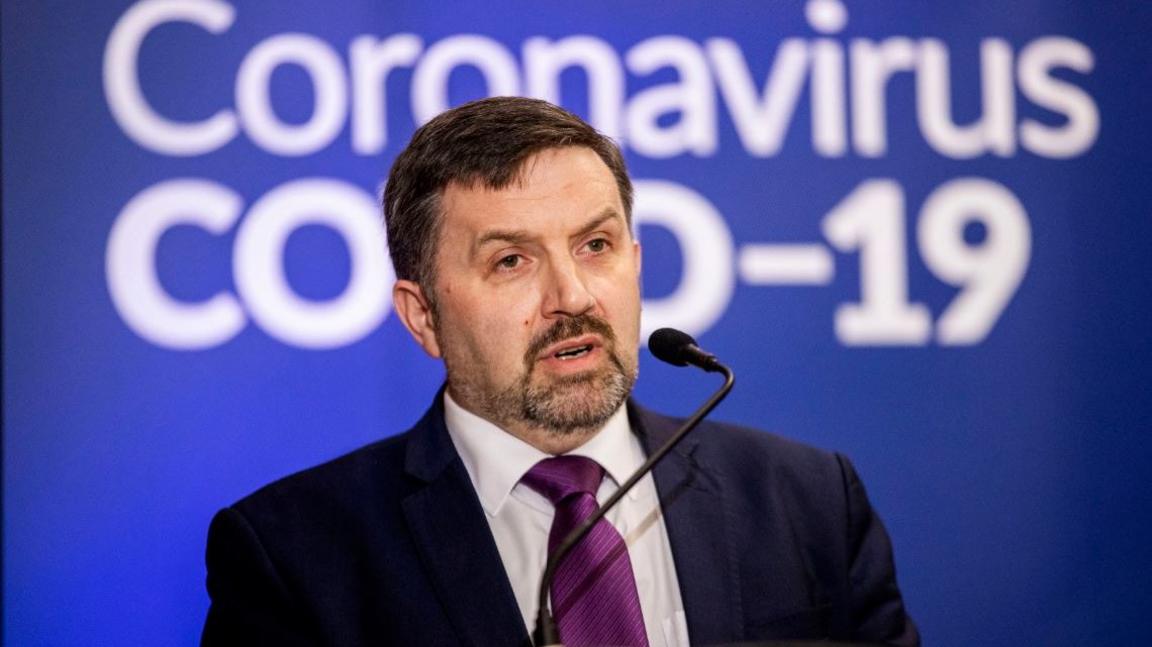
- Published16 April 2020
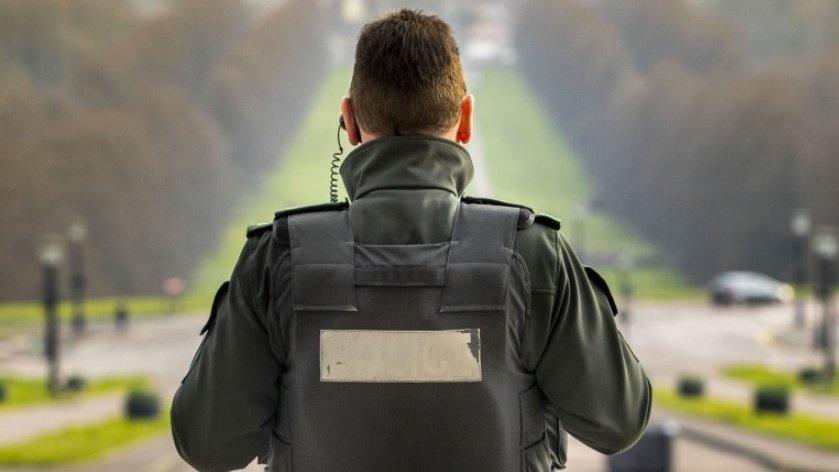
- Published15 April 2020
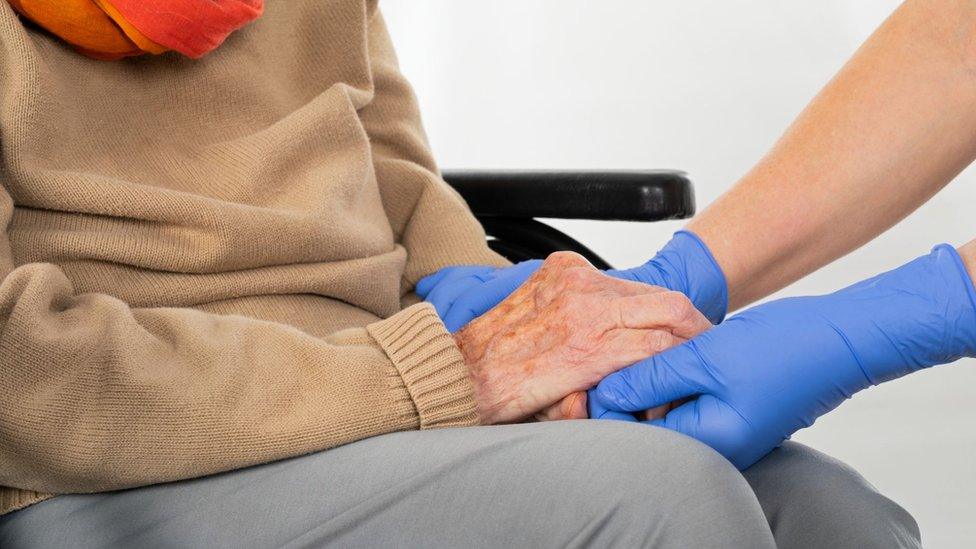
- Published15 April 2020
